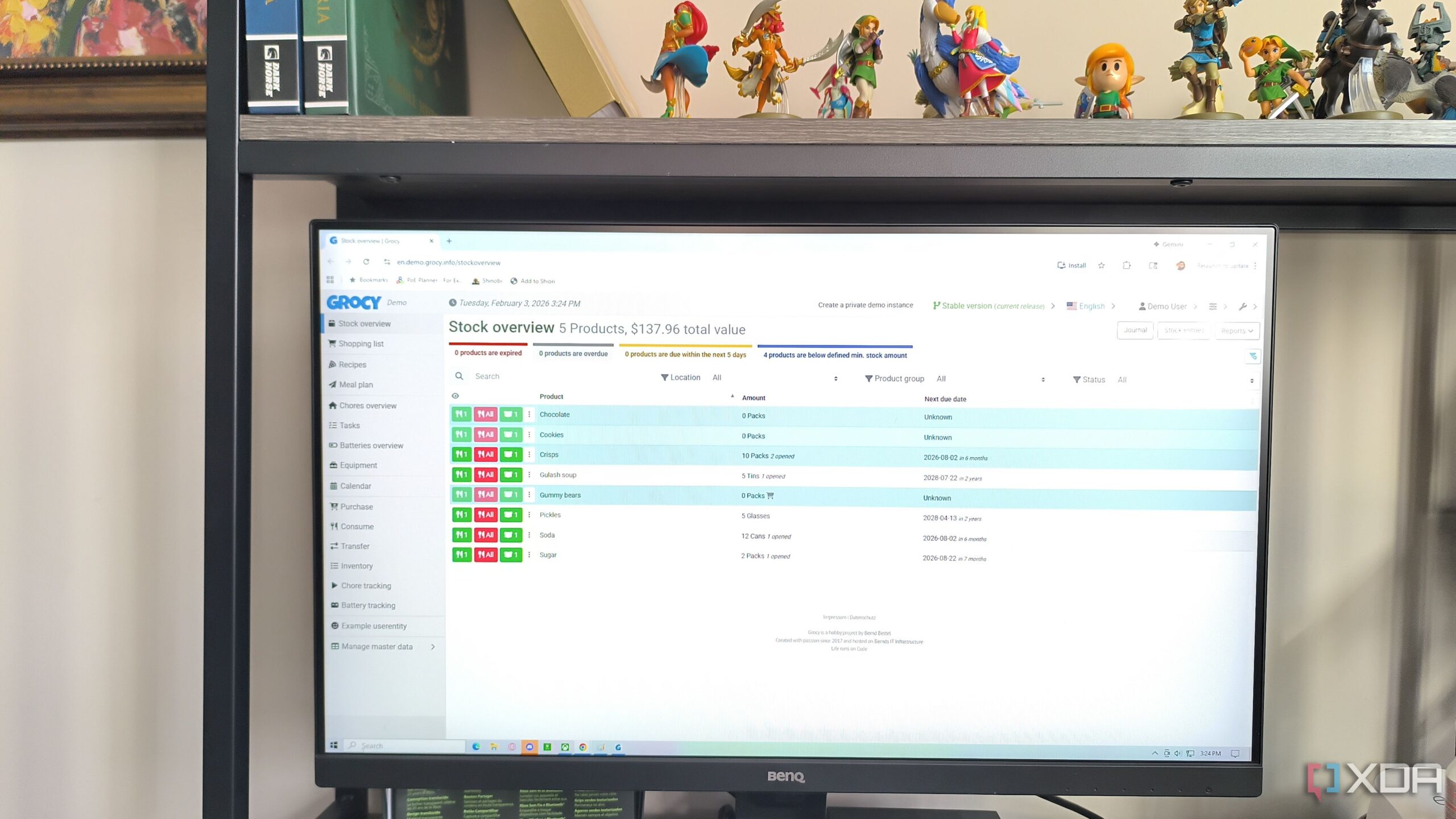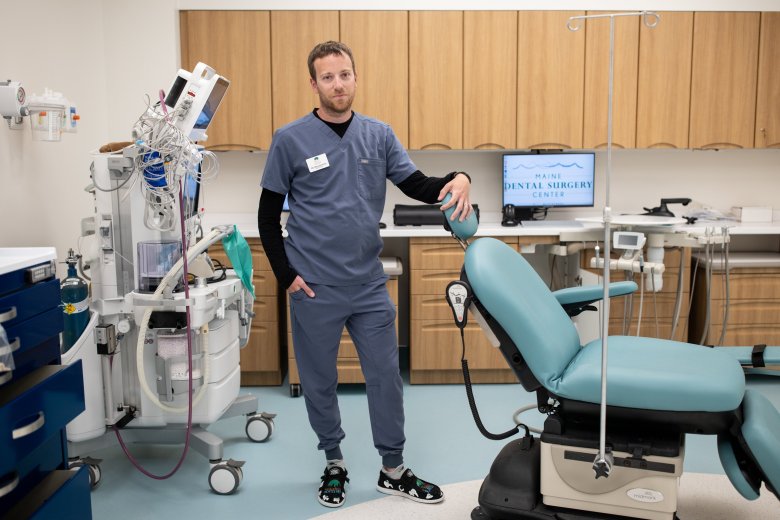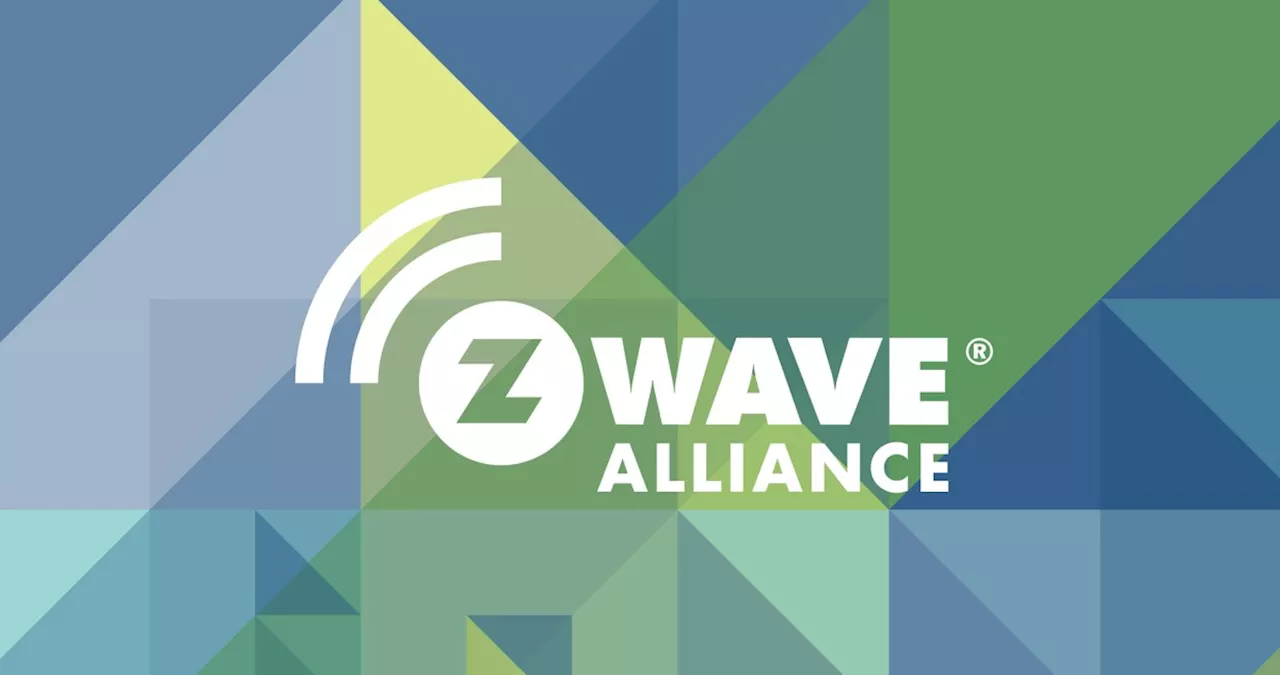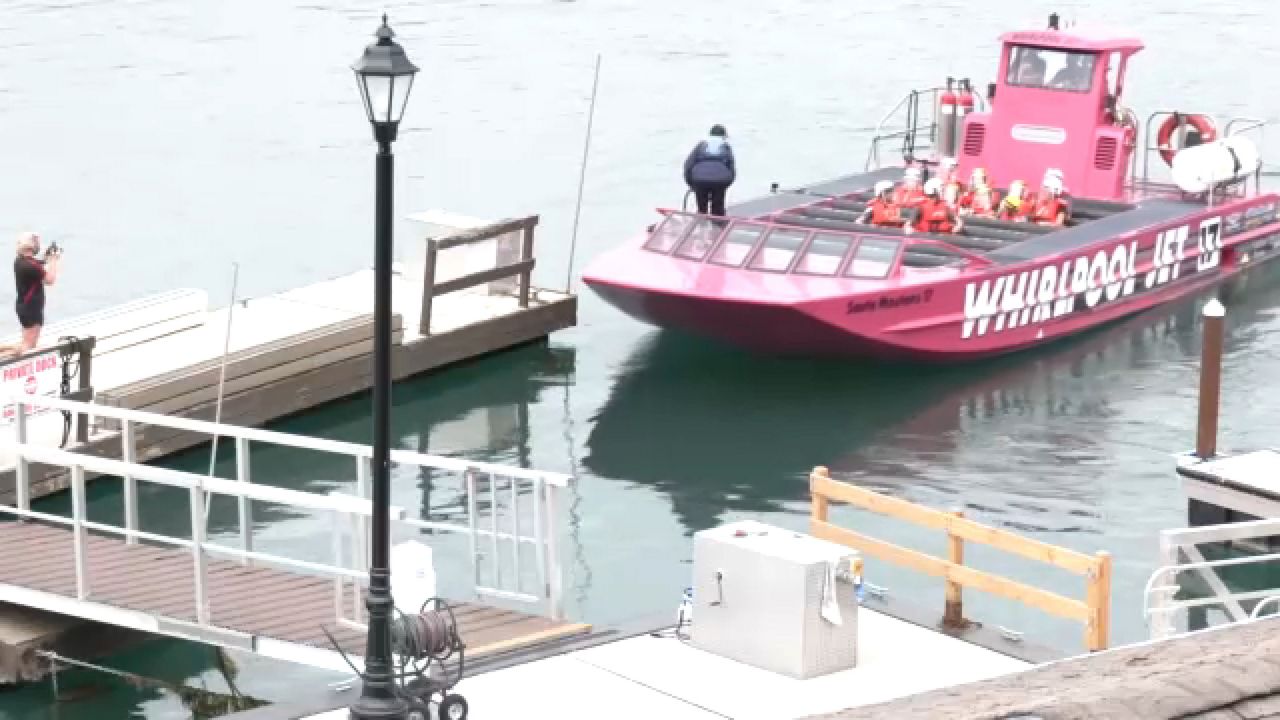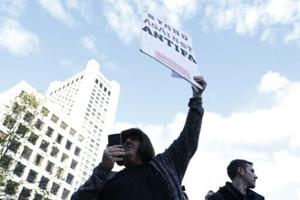
A recent letter to the editor highlights the significant consequences of poor decision-making within society. The writer expresses concern over the inability of some individuals to make well-informed choices, suggesting that this issue affects both personal and collective wellbeing. The letter reflects a broader conversation about the importance of critical thinking and informed decision-making in today’s complex environment.
The Importance of Critical Thinking
Critical thinking is essential for navigating the myriad choices individuals face daily. From personal finance to health decisions, the ability to analyze information, weigh options, and foresee potential outcomes is crucial. The letter argues that when individuals fail to engage in this process, they not only jeopardize their own futures but also impact the wider community.
According to a survey conducted by the National Institute for Critical Thinking in July 2023, only 35% of respondents felt confident in their ability to make sound decisions. This statistic underscores the growing need for educational programs that emphasize critical thinking skills, particularly in schools and workplaces.
The Ripple Effects of Poor Choices
The repercussions of poor decision-making extend beyond the individual. In economic terms, bad choices can lead to financial instability, affecting families and communities alike. For instance, a report by the Financial Literacy Association revealed that individuals with low financial literacy are more likely to incur debts exceeding $10,000 due to impulsive spending and inadequate planning.
Moreover, the implications can be seen in public health. The ongoing challenges related to health misinformation have highlighted how poor choices can lead to widespread consequences. The World Health Organization noted that misinformation during health crises can exacerbate problems, leading to increased rates of preventable diseases.
Ultimately, the letter serves as a call to action for individuals and institutions alike to prioritize informed decision-making and critical thinking. By fostering environments where these skills are valued, society can mitigate the risks associated with poor choices, paving the way for a more informed and resilient community.



